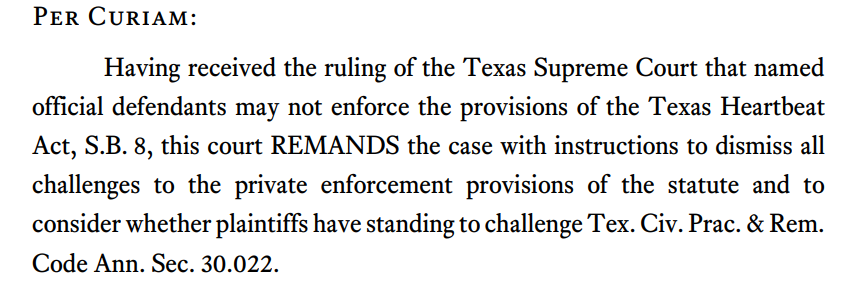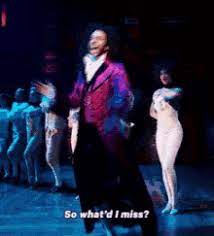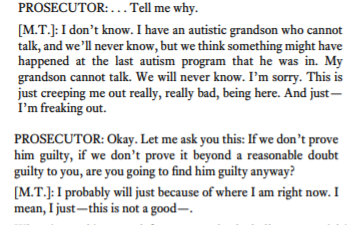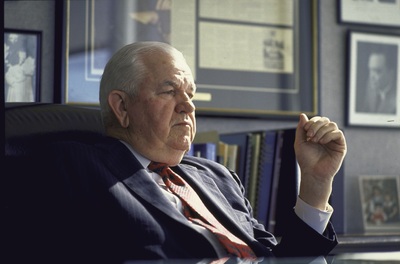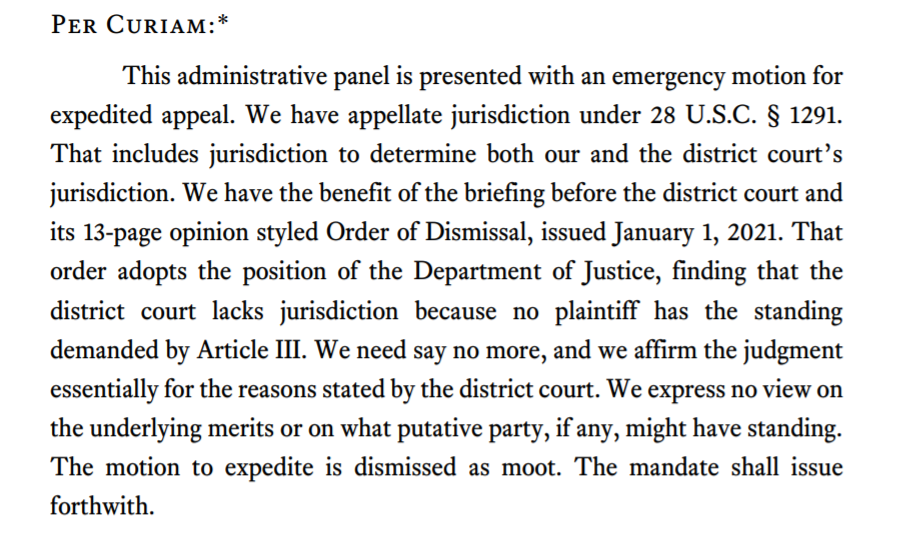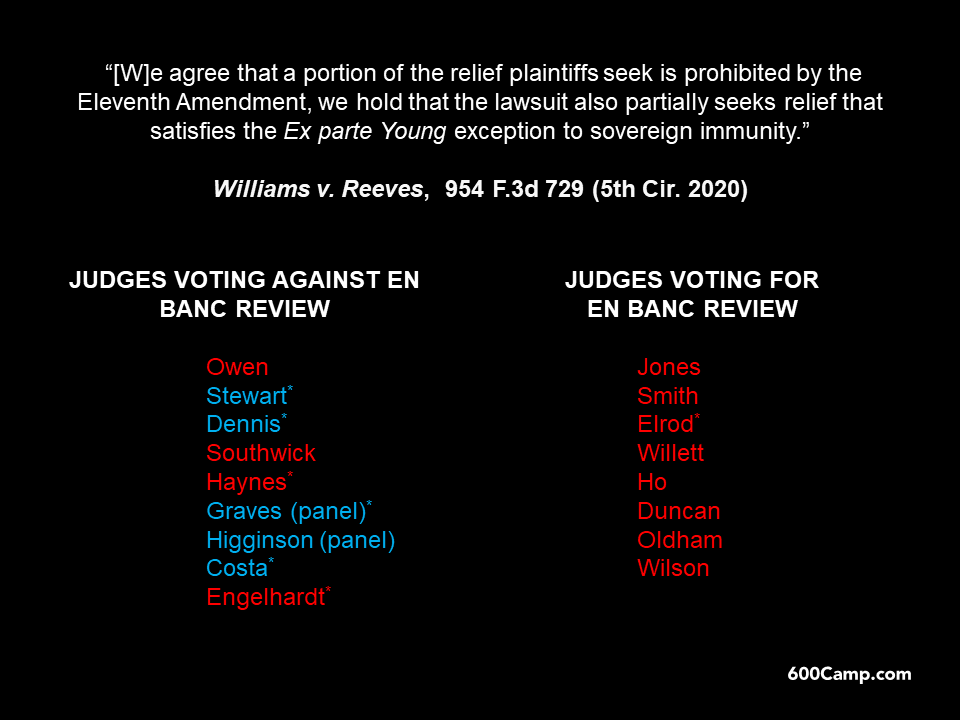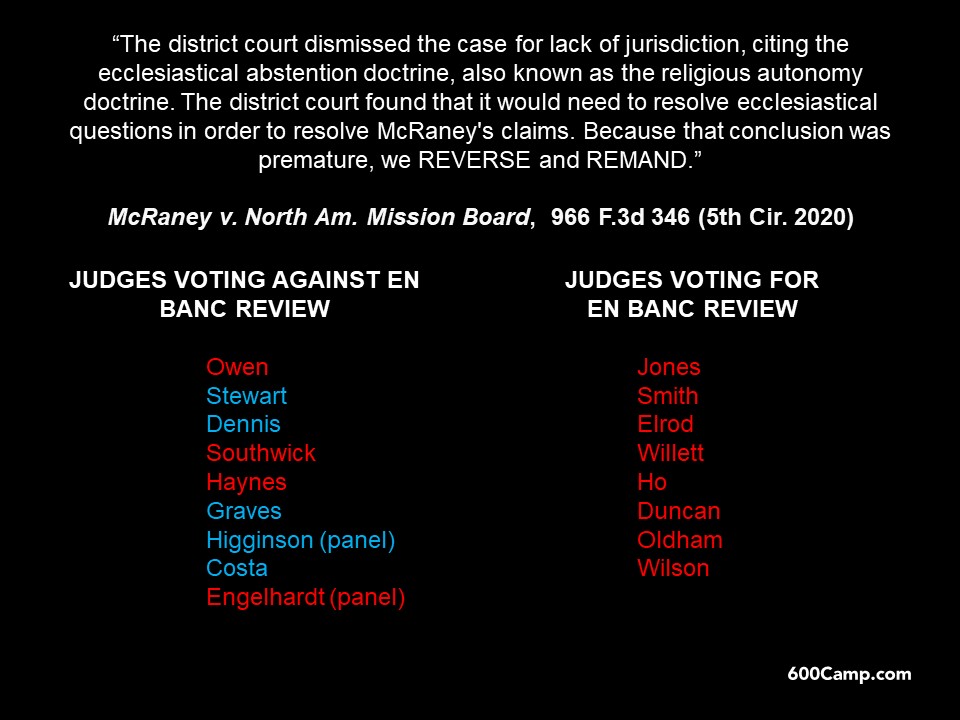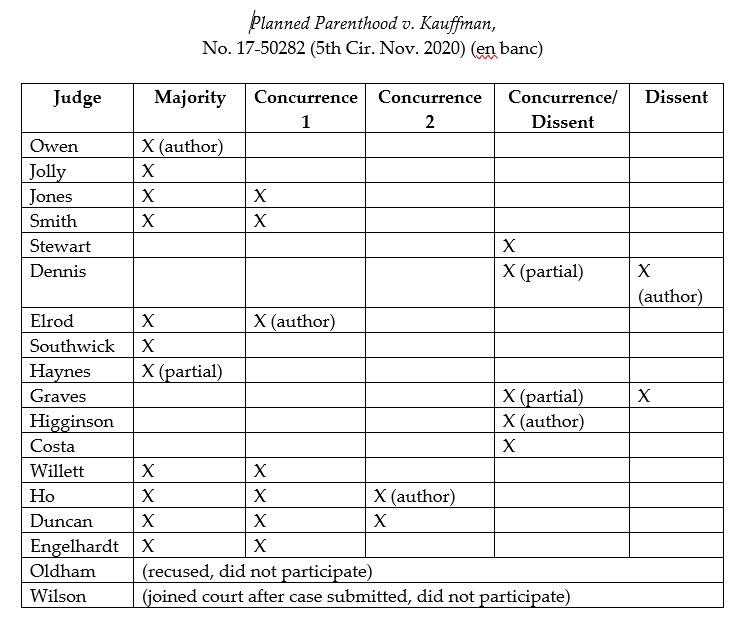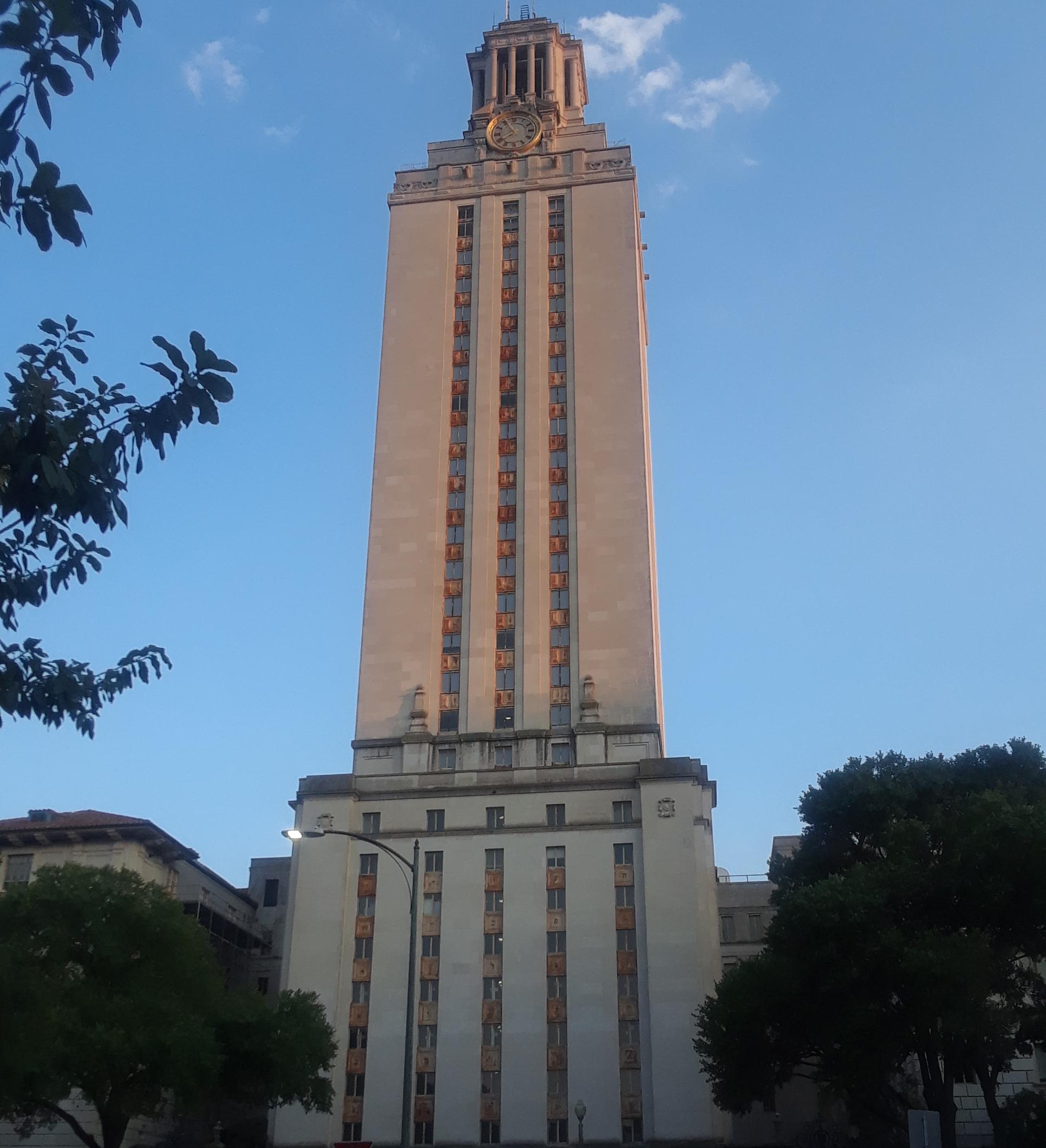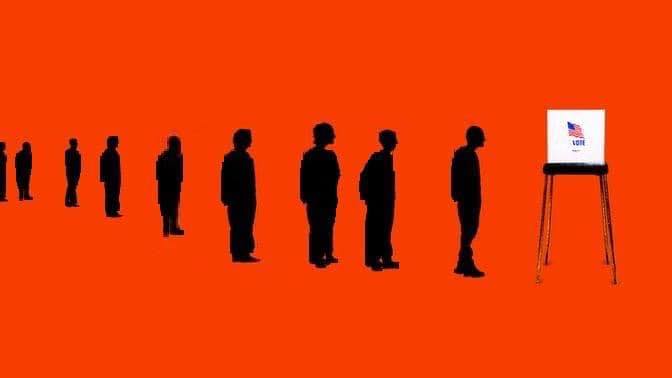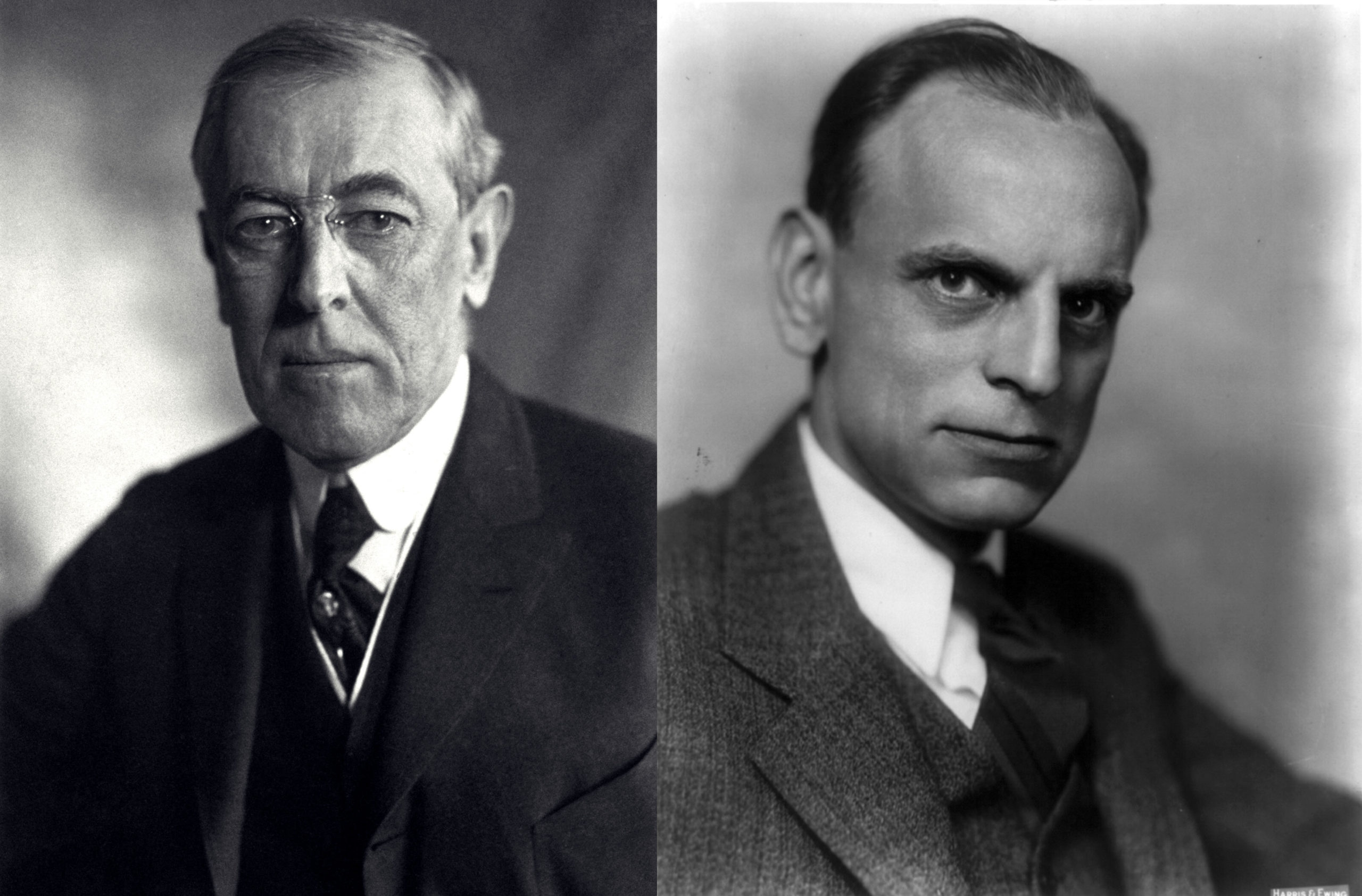 If Woodrow Wilson and James Landis seem alarmed in the picture to the right, it may be that they had a premonition about the Fifth Circuit’s 2021-22 skepticism toward the structure of the SEC. Following a 2021 loss in Cochran v. SEC on a procedural issue about constitutional challenges to the work of the SEC’s Administrative Law Judges (featuring a blistering critique of the administrative state in a concurrence by Judge Oldham, and as to which the Supreme Court has recently granted certiorari), the Court again reached constitutional issues in Jarksey v. SEC, holding:
If Woodrow Wilson and James Landis seem alarmed in the picture to the right, it may be that they had a premonition about the Fifth Circuit’s 2021-22 skepticism toward the structure of the SEC. Following a 2021 loss in Cochran v. SEC on a procedural issue about constitutional challenges to the work of the SEC’s Administrative Law Judges (featuring a blistering critique of the administrative state in a concurrence by Judge Oldham, and as to which the Supreme Court has recently granted certiorari), the Court again reached constitutional issues in Jarksey v. SEC, holding:
“(1) the SEC’s in-house adjudication of Petitioners’ case violated their Seventh Amendment right to a jury trial; (2) Congress unconstitutionally delegated legislative power to the SEC by failing to provide an intelligible principle by which the SEC would exercise the delegated power, in violation of Article I’s vesting of “all” legislative power in Congress; and (3) statutory removal restrictions on SEC ALJs violate the Take Care Clause of Article II [of the Constitution].”
Judge Elrod wrote the panel majority opinion, joined by Judge Oldham. Judge Davis dissented as to each holding. These holdings have obvious significance to other administrative agencies and could well again draw Supreme Court attention. No. 20-61007 (May 18, 2022).

